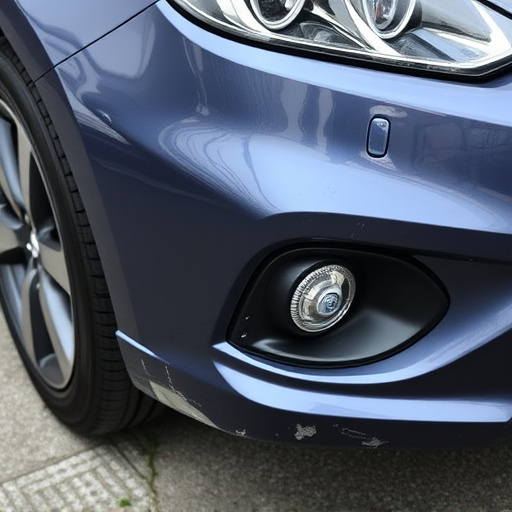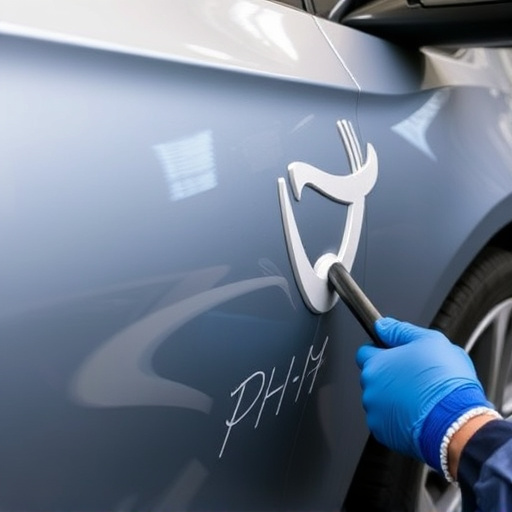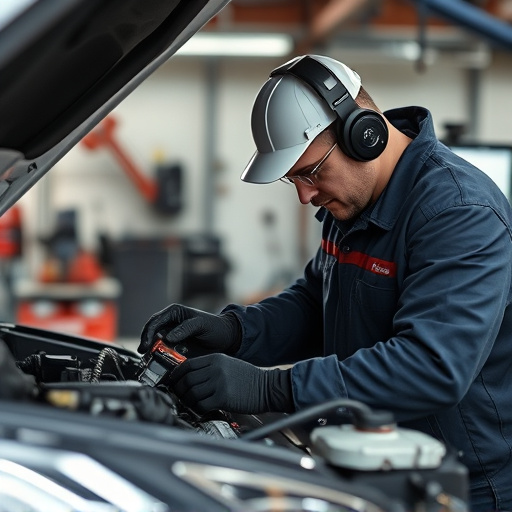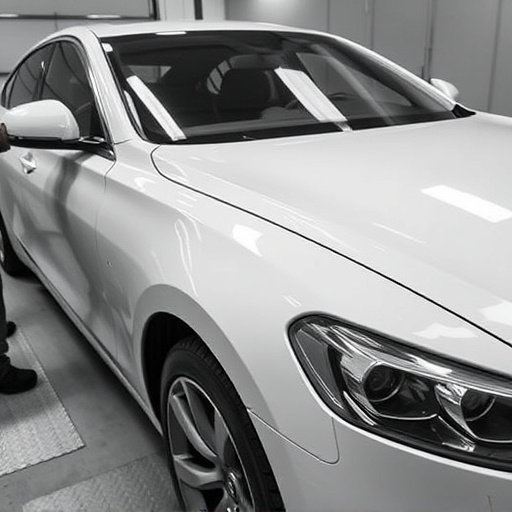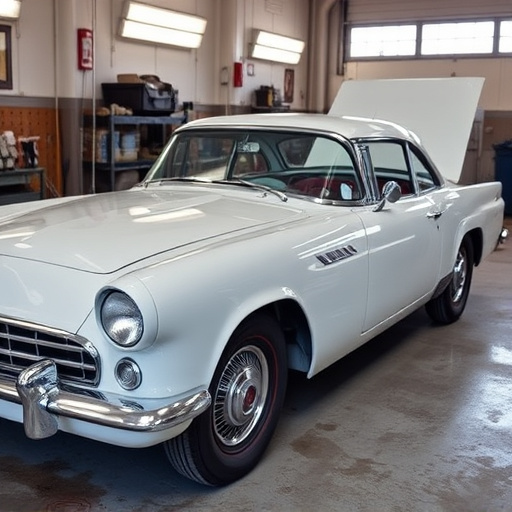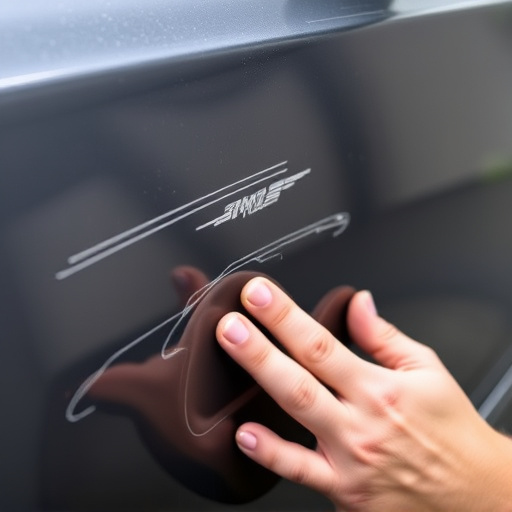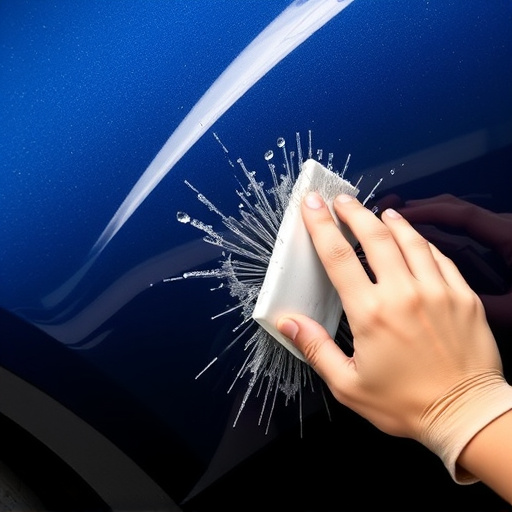In-house calibration tools for collision repair offer significant cost savings, direct control over expenses, and precise resource allocation compared to outsourcing. They ensure consistent results, streamline workflows, and enhance customer satisfaction while providing unparalleled data security and privacy compliance, crucial for handling sensitive information. This approach allows for high customization, beneficial for specialized restoration or auto glass repair, maintains data integrity, and delivers superior services, giving businesses a competitive edge in the industry.
In today’s competitive landscape, ensuring precise and reliable measurements is crucial for any organization. While outsourcing calibration services offers convenience, adopting in-house calibration tools can bring significant advantages, especially in terms of cost efficiency and control. This article explores how in-house calibration tools collision with outsourced services, focusing on cost savings, data security, and enhanced flexibility. By analyzing these aspects, organizations can make informed decisions to optimize their quality control processes.
- Cost Efficiency and Control: In-House vs Outsourced Calibration
- Data Security and Privacy: Keeping Sensitive Information In-House
- Enhanced Flexibility and Customization: Building a Tailored Calibration Solution
Cost Efficiency and Control: In-House vs Outsourced Calibration
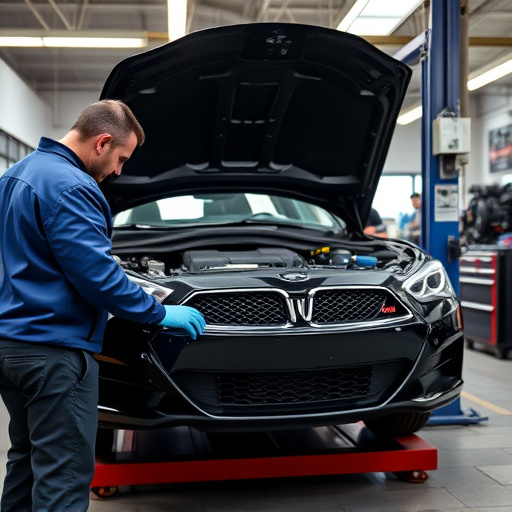
In-house calibration tools for collision repair offer significant cost advantages over outsourcing these services. When a shop invests in their own set of calibration tools, they gain direct control over their operational expenses. This allows them to precisely allocate resources and budget effectively, ensuring that each step of the collision repair process is optimized for both quality and efficiency.
By keeping the calibration process in-house, collision centers can avoid the recurring fees associated with outsourcing. This not only reduces long-term costs but also enables better management over the entire workflow, from dent removal to final refinishing. In-house tools ensure consistency in results, allowing for a more streamlined and controlled environment, which ultimately benefits both the shop’s bottom line and customer satisfaction.
Data Security and Privacy: Keeping Sensitive Information In-House
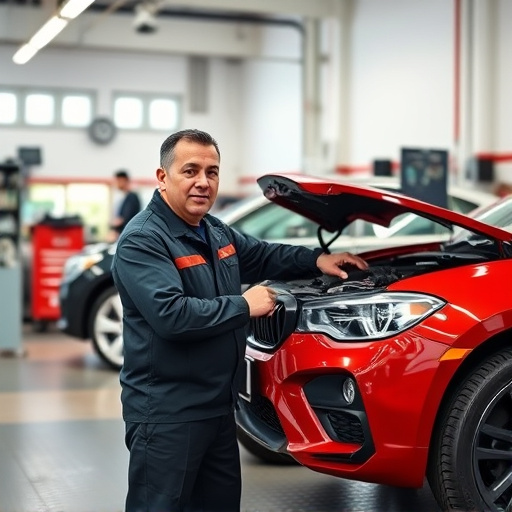
When using in-house calibration tools for collision repair, companies maintain complete control over their data security and privacy. This is particularly crucial when dealing with sensitive information like customer details, vehicle specifications, and repair histories. Outsourcing these services to third-party providers introduces potential risks, as data may be stored and processed outside the company’s secure network. With in-house tools, businesses can ensure that all data remains confidential and compliant with relevant privacy regulations, such as GDPR or CCPA.
Furthermore, having calibration tools collision in-house allows for a higher level of customization and adaptability to unique business needs. This is especially beneficial in specialized areas like car restoration or auto glass repair, where precise measurements and techniques are essential. By keeping these processes internal, companies can tailor their approaches, ensuring that each repair meets the highest standards while maintaining data integrity and confidentiality throughout.
Enhanced Flexibility and Customization: Building a Tailored Calibration Solution
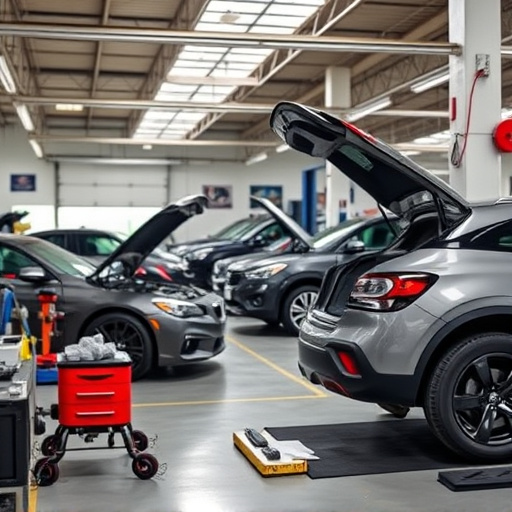
Having in-house calibration tools collision services offers a significant advantage in terms of flexibility and customization. Organizations can design a calibration solution tailored to their specific needs, ensuring precise control over every step of the process. This is particularly beneficial for businesses specializing in vehicle paint repair or car body restoration, where consistent quality and precision are paramount.
By managing calibration in-house, companies can adapt quickly to changing industry standards, unique project requirements, or even the latest advancements in dent removal techniques. This agility allows them to maintain a competitive edge and provide superior services, setting them apart from those relying on outsourced calibration tools collision services.
In-house calibration tools offer a compelling advantage over outsourced services, particularly for businesses prioritizing cost efficiency, data security, and flexibility. By maintaining control over their sensitive information and calibration processes, organizations can tailor solutions to their unique needs, ensuring enhanced performance and reduced risks associated with data privacy breaches. This approach empowers companies to make informed decisions, streamline operations, and stay ahead in the competitive market, making it a strategic choice for long-term success in managing calibration tools collision.


